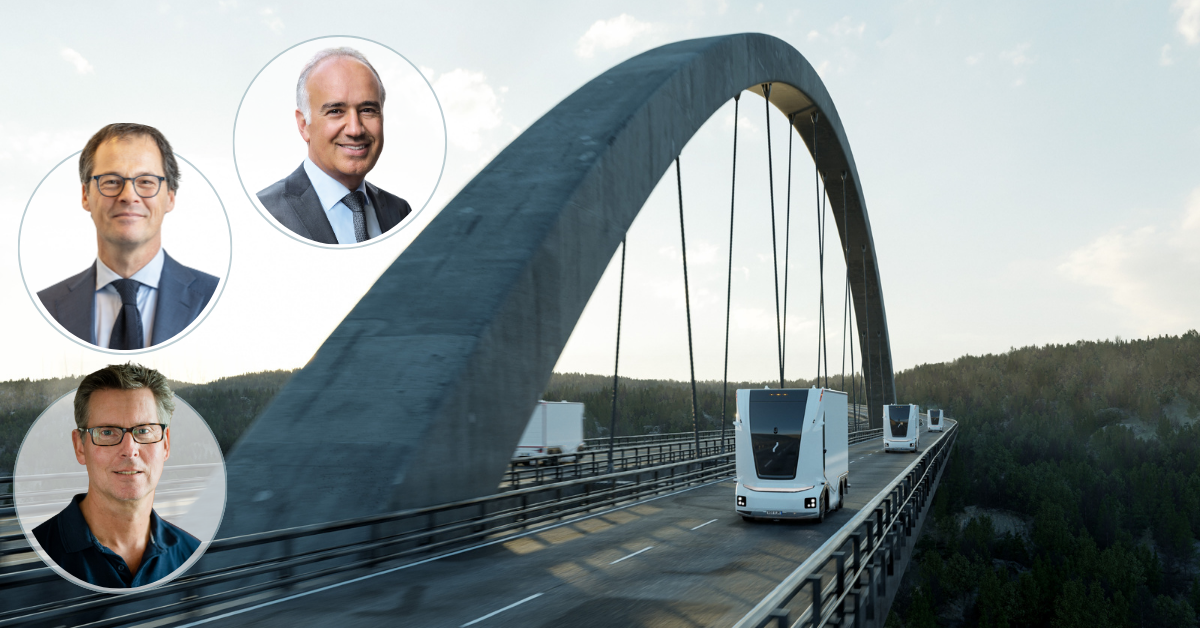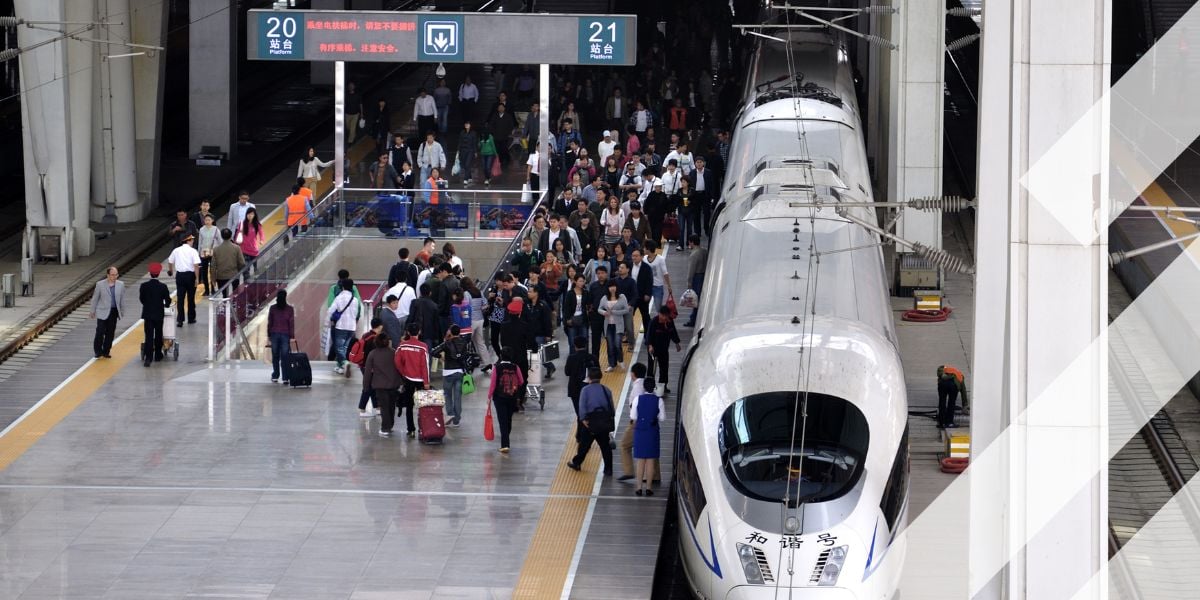The Netherlands ranks number 1 on preparedness for the AV revolution
The Netherlands is currently best prepared for the arrival of the Autonomous Vehicle (AV), according to the KPMG Autonomous Vehicles Readiness Index (AVRI) 2019. The Index provides an in-depth view of what it takes for countries to meet the challenges of self-driving vehicles, evaluating the preparedness of a cross-section of 25 countries—up from 20 in the inaugural year of the AVRI—globally.
Each country is evaluated against four pillars: policy and legislation; technology and innovation, infrastructure and consumer acceptance. Within the four pillars are 25 factors that reflect everything from legislation allowing AV’s to operate to the condition of roads. It is the second consecutive year that the Netherlands top the rankings. Furthermore, five countries have been ranked for the first time and also new is the inclusion of a consumer opinion poll on AV’s in the 25 assessed countries. Although developments indicate a rapid progress towards an uptake of the AV, challenges for the AV exist within crowded and urban areas and consumers coming from countries that differ in AV readiness and developments differ in opinion regarding the embracing of AV’s. Ultimately, the consumer will drive the pace of AV adoption.
Countries most ready for autonomous vehicles
According to the AVRI 2019, the ten most prepared countries for the future of autonomous transportation of those indexed are:
|
Country |
2019 Rank |
2018 Rank |
|
The Netherlands |
#1 |
#1 |
|
Singapore |
#2 |
#2 |
|
Norway |
#3 |
New |
|
United States |
#4 |
#3 |
|
Sweden |
#5 |
#4 |
|
Finland |
#6 |
New |
|
United Kingdom |
#7 |
#5 |
|
Germany |
#8 |
#6 |
|
United Arab Emirates |
#9 |
#8 |
|
Japan |
#10 |
#11 |
Table 1: AVRI top 10-rankings 2019 vs. 2018
The Netherlands is currently collaborating with neighbouring countries to adopt AV technology for freight transportation, with the intention to launch platoons of more than 100 autonomous trucks on routes from Amsterdam to Antwerp and Rotterdam to the Ruhr Valley in Germany. Furthermore, the Netherlands are introducing new legislation that will enable an AV uptake, something which is also intended by France, the United Kingdom and Australia. The Dutch government plays and active role in the domain of potential safety and legal issues regarding AV’s. Loek Kramer, Partner at KPMG Netherlands and Sector Lead for the Automotive sector, stated: ‘’The Netherlands is spreading its AV bets across projects including truck platooning pilots, public transport in airports and transporting containers in harbours.’’
Loek Kramer, Partner at KPMG Netherlands and Sector Lead for the Automotive sector, stated: ‘’The Netherlands is spreading its AV bets across projects including truck platooning pilots, public transport in airports and transporting containers in harbours.’’
Arrival of AV’s in crowded and urban areas is complicated
The Netherlands indicates to be well prepared for a large adoption of AV. However, difficulties that exist within crowded and urban areas like cities were outlined by Stijn de Groen, Manager at KPMG Netherlands and Executive for the Automotive sector. De Groen explains that the Netherlands has a lot of bicycles and that this is causing complexity for AV adoption in urban and crowded areas. Therefore, it might be more sensible to keep transport modes separated here. For this reason, it would be best for the government first to focus on AV’s on motorways.
Second AVRI-ranked country Singapore has initiated an AV test village together with a leading university to test circumstances with traffic lights, bus stops and technology that can simulate difficult weather circumstances like tropical weather with heavy rain showers. Singapore also has a dedicated government organization for AV’s to optimise coordination, something which is initiated by Hungary as well.
Five new countries ranked in 2019’s AVRI
Five countries have been ranked for the first time in the AVRI of 2019. Norway (#3) is the highest positioned new-entrant, as the country has legalized the testing of AV’s on public roads and started small scale autonomous bus services. Piloting for autonomous taxis will start in 2019. Finland (#6) focuses as well on autonomous bus services, together with the preparing of AV’s to cope with winter conditions. Modifications towards AV friendly infrastructure are being realised as well. Israel (#14) has a strong export-focused technology sector which facilitates in AV developments, the Czech Republic (#19) is initiating AV test locations and pilots and Hungary (#21) distinguishes itself as new AVRI-entrant with legislative changes, commercial AV piloting and an AV start-up community.
The full-version of KPMG’s Autonomous Vehicles Readiness Index is here accessible.
Source: Loek Kramer, KPMG Partner, Sector Lead Automotive
Share your story
Do you have an innovation, research results or an other interesting topic you would like to share with the professionals in the infrastructure, traffic management, safety, smart mobility and parking industry? The Intertraffic website and social media channels are a great platform to showcase your stories!
Please contact our Sr Brand Marketing Manager Carola Jansen-Young.
Are you an Intertraffic exhibitor?
Make sure you add your latest press releases to your Company Profile in the Exhibitor Portal for free exposure.
Get up to speed on the mobility industry - our newsletter straight to your inbox!



.png?h=600&iar=0&w=1200)




